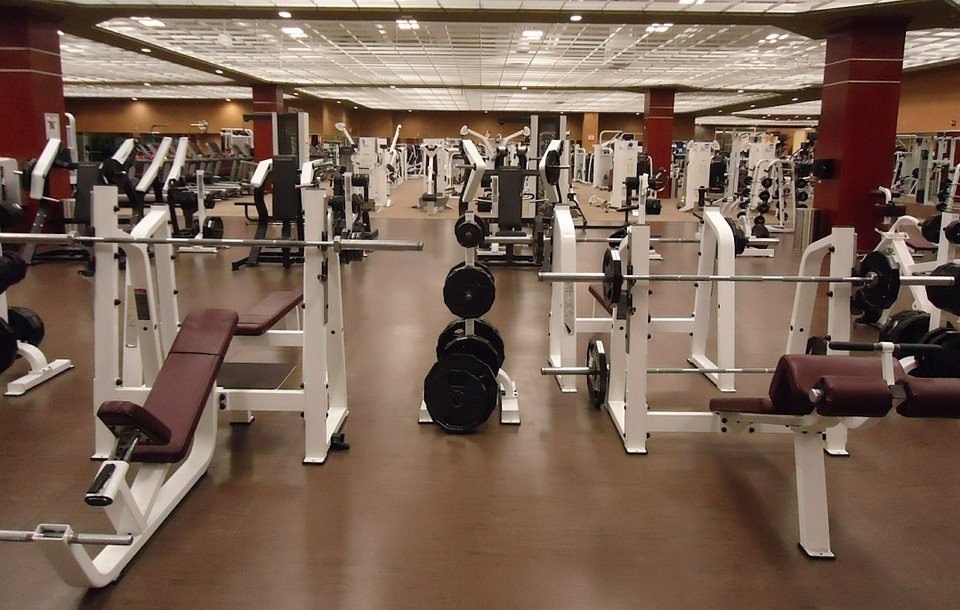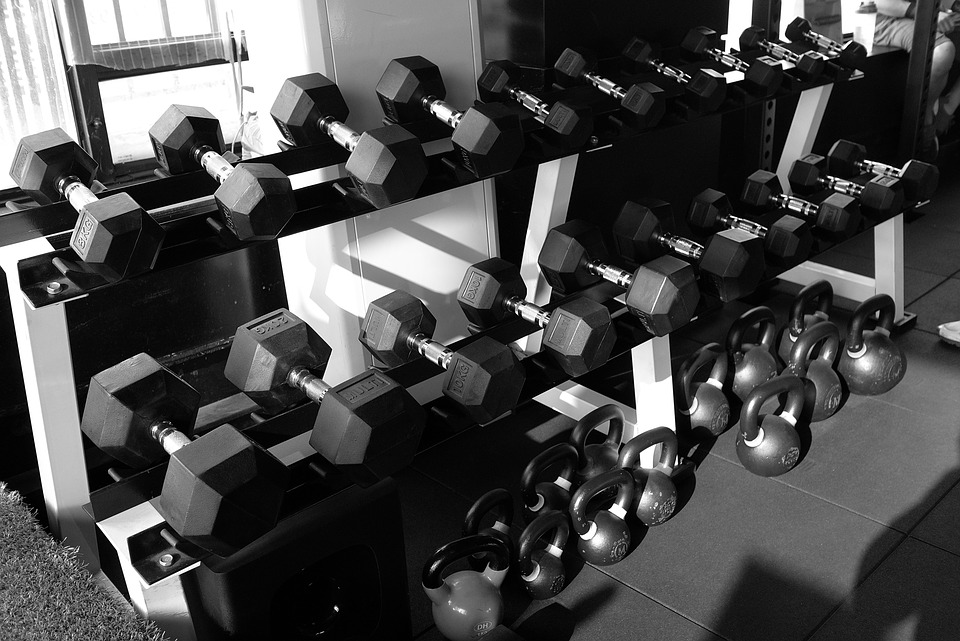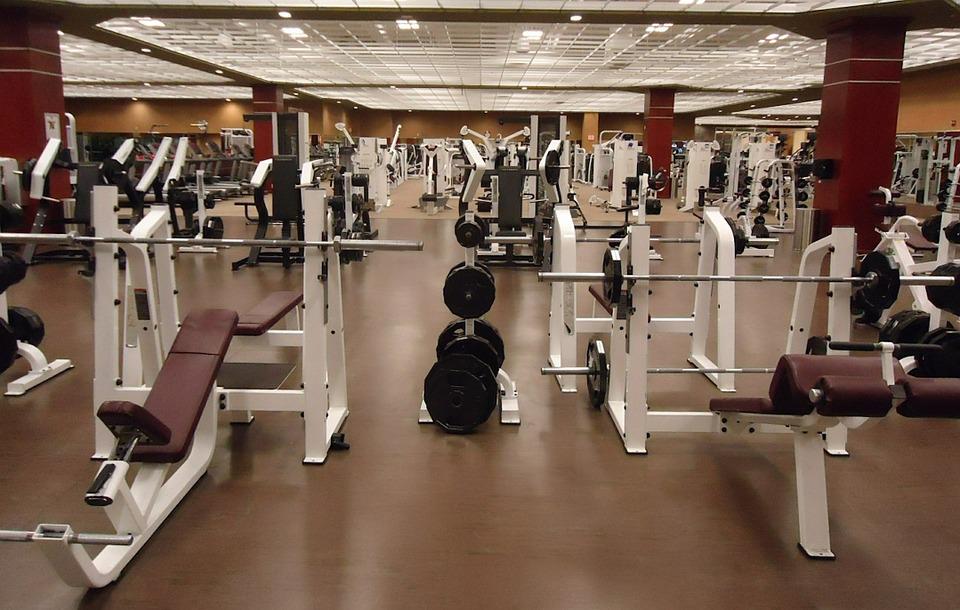Why rest day is important

If you weightlift or do cardio it is important to remember that the body will need to rest. Too much time spent in the gym without a recovery period can be detrimental to the body.
Rest
To improve body performance and definition working hard is a must. Nutrition and rest however is arguably more important. Failing to rest between workouts can put the body under a lot of stress making it difficult to recover properly. Rest in fact makes you stronger. It allows for the recovery of broken down muscles ensuring that they repair themselves. As you rest you become stronger and able to handle increased weights, sets and reps.

How does this happen?
Aerobic training challenges the cardiovascular system and weight training challenges both the cardiovascular system and the muscle system. These types of workouts increase the efficiency of the heart and capillaries in the muscles, and increase blood flow, ensuing more oxygen and nutrition is dispersed around the body. They also increase glycogen stores and mitochondrial enzyme systems within the muscle cells resulting in a fuller look.
These grow to greater levels immediately after a workout while resting. This is due to the amount of stress you have put on the body resulting in a higher level of performance. If however proper recovery time is not given, the body cannot regenerate properly. It will therefore store less glycogen, causing you to look flat if you over train. If this continues your performance will decline.
It is important to know the difference between needed rest and laziness.
So what is the difference?
Various factors can influence how you feel towards a workout. These include stress, sleep, nutrition, physical condition, emotional state and recuperation time. Your training session will depend heavily on these factors however needed rest is often down to overtraining whereas laziness is the feeling of not wanting to go.
Overtraining
When you over train the body is repeatedly put under stress and rest is no longer adequate for allowing recovery. There are 2 types of overtraining a person can endure. These include Localised and Systemic.
Localised – This effects a specific muscle group without effecting others. This is usually down to the same muscle group being put under stress and not being given time to rest. It can also happen when supporting muscles are trained on separate days, again leaving no time for recovery.
Systemic – This is a more serious form of over training. It effects the entire body causing it to enter a negative nitrogen balance (a catabolic State), produce an increased amount of cortisol (a hormone secreted in response to stress), impede muscular repair and function, decrease testosterone and reduce the body’s ability to use fat as an energy source leading to increased fat in the body.

Signs of overtraining
Signs of overtraining include…
- Elevated Morning Pulse
- Elevated Blood Pressure
- Persistent Muscular Soreness
- Increased Common Illness
- Increased Injuries
- Decreased Appetite
- Weight Loss
- Irritability
- Mood Swings
- Insomnia
- Depression
- Loss Of Desire To Train
If overtraining persists for one to two months this can lead to a burnout. A burnout includes post exercise fatigue and emotional swings after recovery periods.
Sources:
https://www.bodybuilding.com/fun/behar2.htm
https://www.wellbridge.com/fit-like-that/give-it-a-rest-its-ok-to-skip-your-workout
https://blog.fitbit.com/6-reasons-why-rest-days-are-important-featuring-dean-karnazes/









